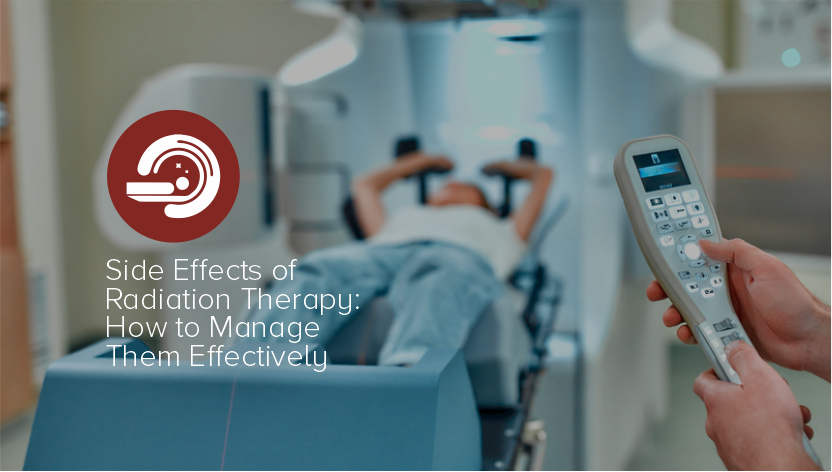Radiation therapy is a powerful treatment option in the fight against cancer, providing hope and healing to countless individuals. However, this therapeutic path often comes with its own set of challenges—namely, the side effects that can accompany it.
